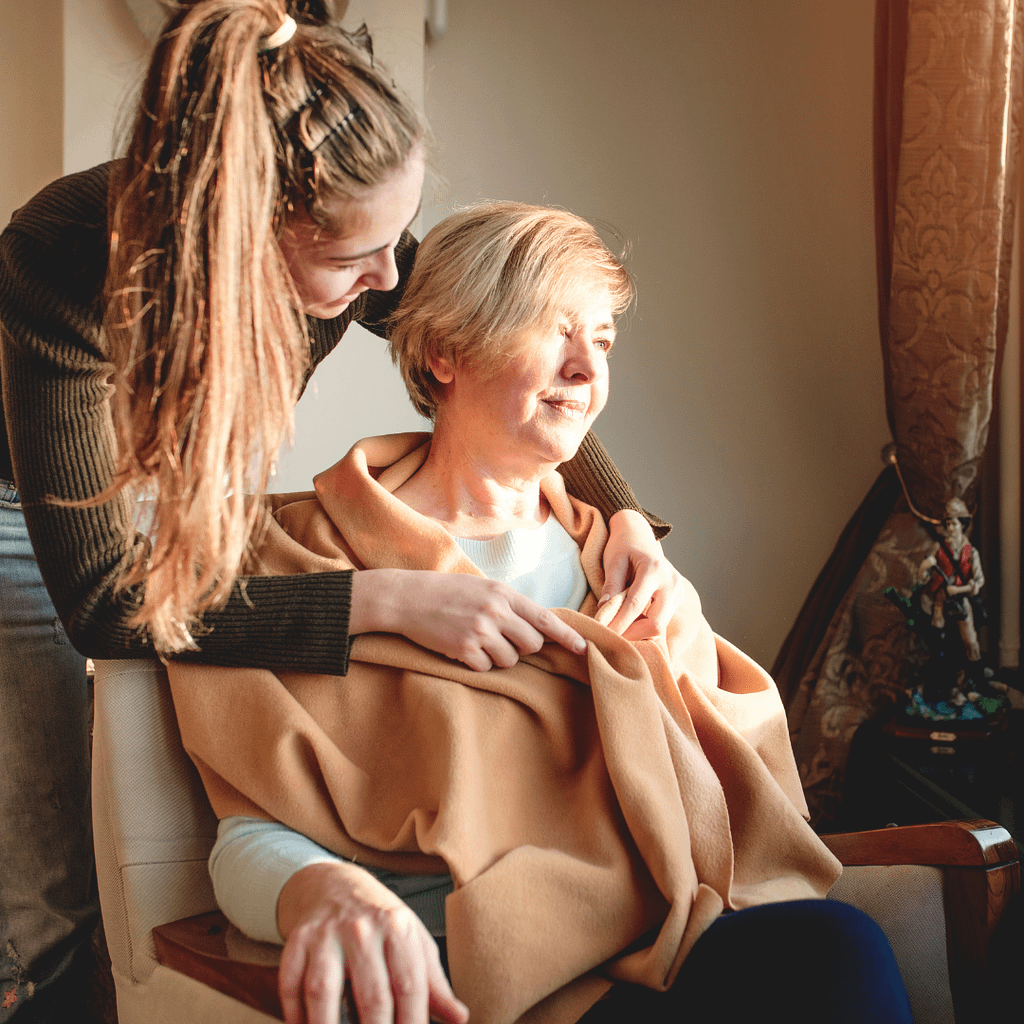Mirroring is a highly effective technique for engaging with dementia patients because it meets them where they are in their cognitive journey and provides a sense of validation, comfort, and connection. Here’s why mirroring is a great option for dementia patients:

1. Validation of Feelings and Experiences #
Dementia patients often experience confusion, disorientation, and frustration due to memory loss and cognitive decline. Mirroring involves reflecting back their emotions, expressions, and gestures, which communicates to them that their feelings are acknowledged and understood. This validation can help alleviate anxiety and distress, fostering a sense of security and emotional well-being.
2. Enhanced Communication #
As verbal communication becomes increasingly challenging for dementia patients, non-verbal forms of communication, such as mirroring, become invaluable. By mirroring a patient’s body language, facial expressions, and tone of voice, caregivers can establish a meaningful connection and convey empathy and understanding without relying solely on words. This enhances communication and strengthens the caregiver-patient relationship.
3. Promotes Social Engagement #
Mirroring encourages social interaction and engagement, which are essential for maintaining cognitive function and emotional health in dementia patients. By mirroring a patient’s actions and behaviors, caregivers invite them to participate in shared activities and experiences, fostering a sense of connection and belonging. This social interaction can reduce feelings of isolation and loneliness, promoting overall well-being.
4. Reduces Agitation and Aggression #
Dementia patients may exhibit agitation, aggression, or resistance to care due to confusion and frustration. Mirroring can help de-escalate tense situations by establishing a sense of rapport and trust between the caregiver and patient. By mirroring the patient’s behavior in a calm and non-confrontational manner, caregivers can diffuse potential conflicts and create a more peaceful caregiving environment.
5. Preserves Dignity and Autonomy #
Mirroring respects the dignity and autonomy of dementia patients by acknowledging their individuality and agency. Rather than imposing external expectations or judgments, mirroring allows patients to express themselves authentically and feel valued for who they are in the present moment. This preservation of dignity promotes a sense of self-worth and empowerment in patients, enhancing their overall quality of life.
In summary, mirroring is a compassionate and effective approach for engaging with dementia patients, promoting emotional connection, communication, and well-being. By validating their feelings, enhancing social engagement, and preserving their dignity, mirroring helps caregivers create meaningful interactions and improve the quality of care for individuals living with dementia.




